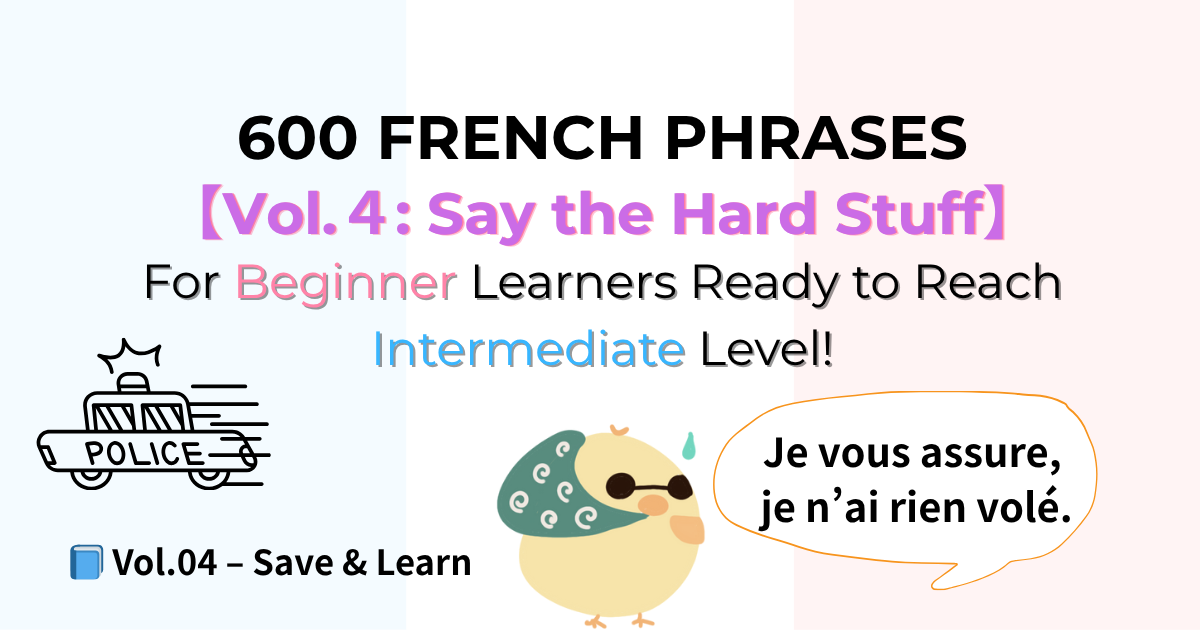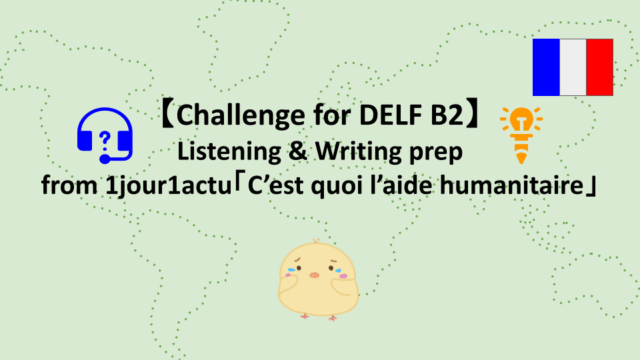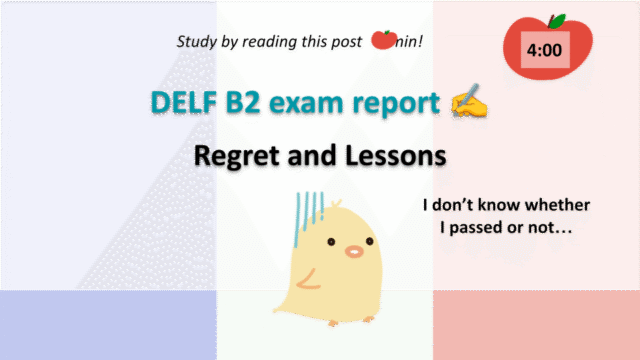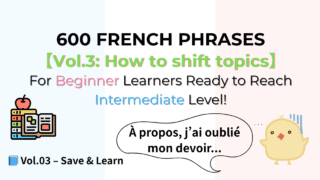600 Useful French Phrases – Vol 4: How to Say the Hard Stuff(031-040)

This series is for beginner learners ready to reach intermediate level!
🎉 Welcome back to the “600 Useful French Phrases” series!
🗣️ Key Focus of This Volume
Have you ever needed to say something awkward, confess a mistake, or admit you’re worried—without sounding dramatic or hurting anyone’s feelings?
In this post, we’ll explore 10 natural phrases French speakers actually use to say things that are hard to say. From breaking bad news gently to expressing personal concerns, these phrases help keep your conversations clear, kind, and real.
Yes, even when you need to say something like:
🔟✨ Today’s 10 Key Phrases(031–040)
How to Say the Hard Stuff (Without Sounding Harsh)
031. Ne t’énerve pas, mais /Don’t get upset, but…
📘 Mini Dialogue Practice
A: Ne t’énerve pas, mais je suis encore à découvert ce mois-ci.
B: Encore! Ce n’est pas possible!
A: Don’t get mad, but I’m overdrawn again this month.
B: Again?! No way!
🧠 Grammar & Usage Notes
- s’énerver = to get upset / angry
- être à découvert = to be overdrawn (in your bank account)
- ce mois-ci = this month
032. Je suis désolé de vous déranger, mais…/Sorry to bother you, but…
📘 Mini Dialogue Practice
A: Je suis désolé de vous déranger, mais serait-il possible de faire moins de bruit, s’il vous plaît?
B: Excusez-nous. On va faire attention.
A: Sorry to bother you, but could you please make less noise?
B: Sorry! We’ll be more careful.
🧠 Grammar & Usage Notes
- déranger = to disturb, bother
- moins de = less of
- bruit = noise
- faire attention = to pay attention / be careful
033. Pour dire la vérité /To tell the truth…
📘 Mini Dialogue Practice
A: Tu penses que c’était une bonne idée?
B: Pour dire la vérité, je n’en suis vraiment pas sûr
A: Do you think it was a good idea?
B: To be honest, I’m really not sure.
🧠 Grammar & Usage Notes
- la vérité = the truth
- être sûr(e) de = to be sure about
034. Je peux donner mon avis? /Can I give my opinion?
📘 Mini Dialogue Practice
A: Je peux donner mon avis?
B: Oui, qu’est-ce que tu en penses?
A: Can I give my opinion?
B: Sure, what do you think?
🧠 Grammar & Usage Notes
- donner son avis = to give one’s opinion
- qu’est-ce que tu en penses ? = what do you think?
035. J’espère ne pas vous offenser, mais/I hope I’m not offending you, but…
📘 Mini Dialogue Practice
A: J’espère ne pas vous offenser, mais pourriez-vous aller fumer plus loin?
B: Aucun problème. Je vais sortir.
A: I hope I’m not offending you, but could you smoke a bit farther away?
B: No problem. I’ll step outside.
🧠 Grammar & Usage Notes
- offenser = to offend
- loin = far, far away
- aucun problème = no problem
036. Jouons cartes sur la table /Let’s be honest.
📘 Mini Dialogue Practice
A: Jouons cartes sur table. Tu as fait une grosse bêtise en changeant de ton ami.
B: Je le crois aussi, malheureusement.
A: Let’s be honest. You really messed up by changing friends.
B: I think so too, unfortunately.
🧠 Grammar & Usage Notes
- jouer cartes sur table = to be totally honest / lay it all out
- une grosse bêtise = a big mistake
- en changeant de… = by changing… (gerund form)
037. On ne va pas y aller par quatre chemins/Let’s not beat around the bush.
📘 Mini Dialogue Practice
A: On ne va pas y aller par quatre chemins. Tout est fini entre nous!
B: Quoi? Comment c’est possible?
A: I won’t beat around the bush. It’s over between us!
B: What? How is that possible?
🧠 Grammar & Usage Notes
- y aller par quatre chemins = to beat around the bush (idiom)
- chemin = path, way
038. Ce qui m’embête vraiment, c’est…/What really bothers me is…
📘 Mini Dialogue Practice
A: Ce qui m’embête vraiment, c’est qu’on les ait pas trouvés plus tôt.
B: Je suis d’accord. Ils auraient pu nous dire où ils étaient.
A: What really bothers me is that we didn’t find them earlier.
B: I agree. They could’ve told us where they were.
🧠 Grammar & Usage Notes
- ce qui A, c’est B = what A does/is, is B
- embêter = to bother, annoy
- être d’accord = to agree
- auraient pu = could have (past conditional)
039. Ce qui m’ennuie, c’est…/What annoys me is…
📘 Mini Dialogue Practice
A: Ce qui m’ennuie, c’est que n’est pas de ma faute.
B: Je comprends. C’est la faute à “pas de chance”.
A: What annoys me is that it’s not my fault.
B: I get it. It’s just bad luck.
🧠 Grammar & Usage Notes
- ennuyer = to annoy / bother
- faute = fault
- chance = luck
040. Ce qui m’inquiète, c’est…/What worries me is…
📘 Mini Dialogue Practice
A: Ce qui m’inquiète, c’est qu’elle toujours rie.
B: Oui, moi aussi, ça m’inquiète.
A: What worries me is that she keeps laughing.
B: Yeah, I’m worried too.
🧠 Grammar & Usage Notes
- inquiéter = to worry / to be worried
- ça m’inquiète = that worries me
📎 Coming Next
Vol.5 – Phrases No.041–050: When Things Don’t Go as Planned (But You Have Something to Say About It)
In the next volume, we’ll explore how to express yourself when life throws you a curveball—whether you’re reluctantly agreeing, talking about unexpected luck, or giving your honest opinion. These phrases are perfect for real-life situations where you want to sound natural, nuanced, and emotionally intelligent.
📝 Note: Some phrases and ideas in this blog series were inspired by the excellent book “フランス語会話フレーズ600” by Romain Bocquillon and Shio Asami. I highly recommend it for learners who want practical and natural French expressions.











Leave a Reply